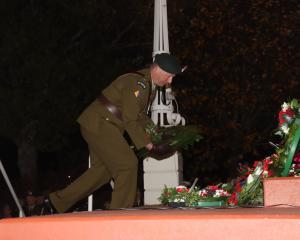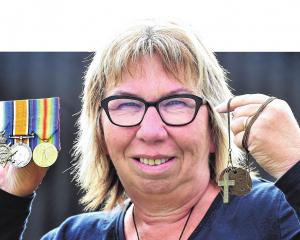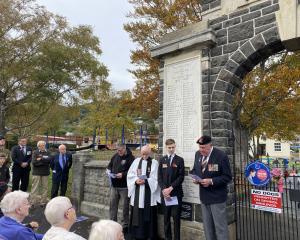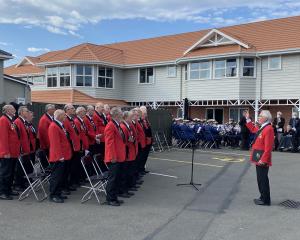Australians are ignoring the NZ in ANZAC, say Kiwi social historians who are calling for more recognition of New Zealand's contribution at Gallipoli.
Top New Zealand academics have claimed that while their Anzac Day celebrates the trans-Tasman teamwork after landing at Anzac Cove in 1915, Australia's too often does not.
"Anzac in Australia is commonly AAC without the NZ," said Professor Philippa Mein Smith, director of a specialist trans-Tasman research centre at University of Canterbury.
"We're often not mentioned in ceremonies and indeed many Australians sadly seem to have no idea we were there at all."
New Zealand is sensitive to Anzac exclusions and prickled over the barring of Kiwi expatriates at last year's unveiling of a bronze New Zealand digger on Sydney's Anzac bridge.
Former prime minister John Howard ruffled Kiwi feathers when he opted to snub the New Zealand remembrance service at Gallipoli in 2005 in favour of a barbecue on the beach with Australian soldiers.
Prof Mein Smith said New Zealand's contribution was probably poorly acknowledged not only because of its small size but because they landed at Anzac Cove three hours after the Australians.
"The story has been claimed for Australia, and in doing that the country has probably unintentionally denied our involvement," she said.
Being more inclusive of New Zealand would make the Anzac story "all the more interesting, significant and relevant" for nationals, the academic said.
University of Queensland history lecturer Martin Crotty said Australia's Anzac story had come to represent fundamental concepts like the birth of the nation and mateship.
"It's a genesis story. It's not surprising that New Zealand has been squeezed out the picture," he said.
Dr Crotty, a New Zealander who lectures Australian students, tells a story of one student who "thumped the table after I'd given a seminar and complained at having a New Zealander come and tell us about Anzac".
"He was genuinely shocked when I told him what the N and the Z stood for."
The historian said Australians had a very "parochial" view of WW1 and were even less aware of France and Britain's involvement than they were of New Zealand's.
"The push should be not to just understand New Zealand but to see the Gallipoli campaign and the war in general in more internationalist terms," he said.
However, New Zealand's Returned and Services' Association took a softer approach.
"We're the smaller country and as with all such partnerships, the littler party will never get the same attention," said RSA national president Robin Klitscher.
"I've heard it mentioned that the New Zealand flag is not prominent enough, or whatever, but at the end of the day we were there for each other in war time and the bond is still as strong as it ever was."












